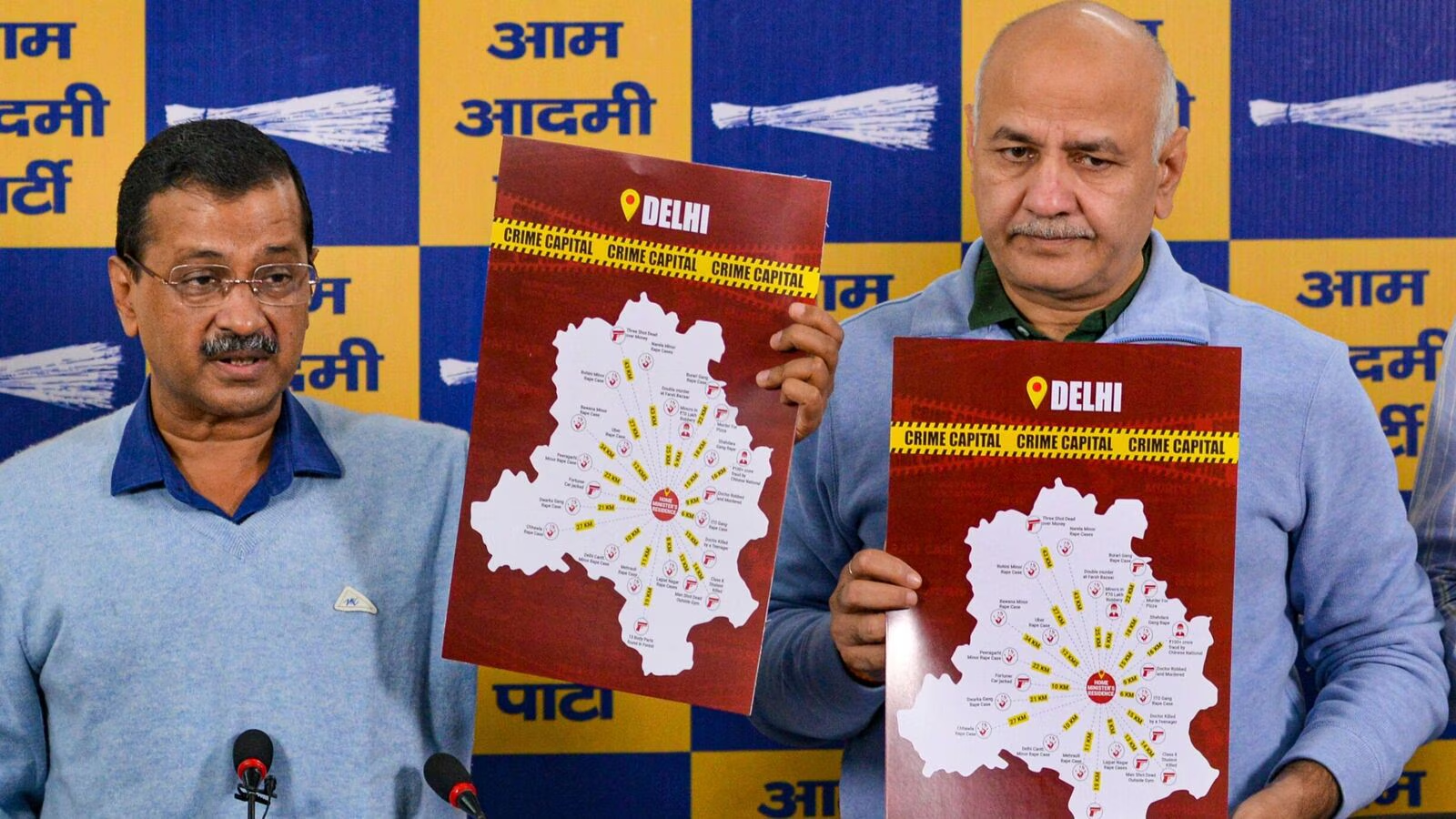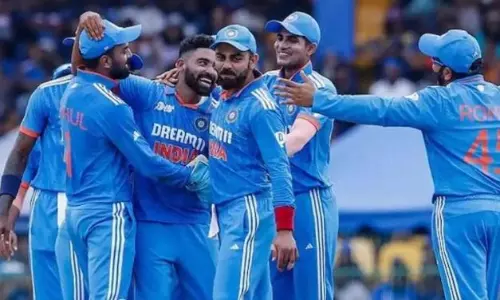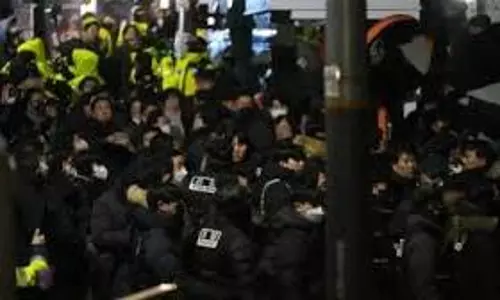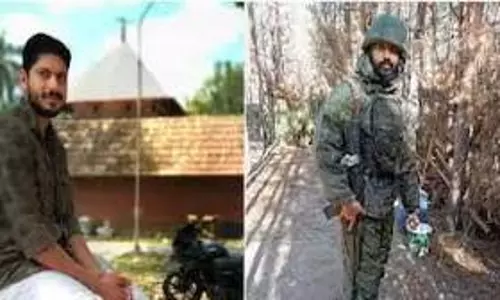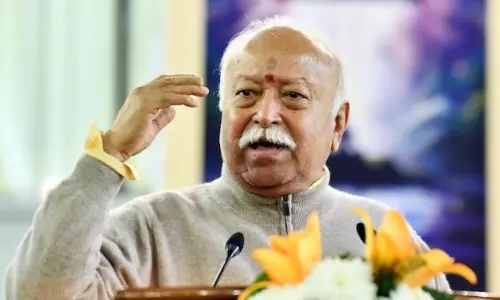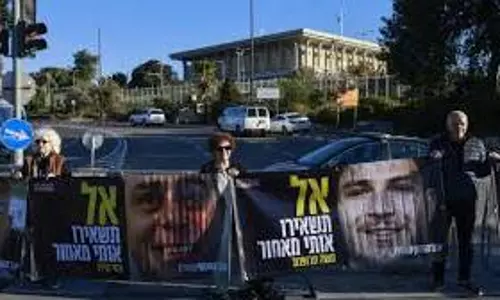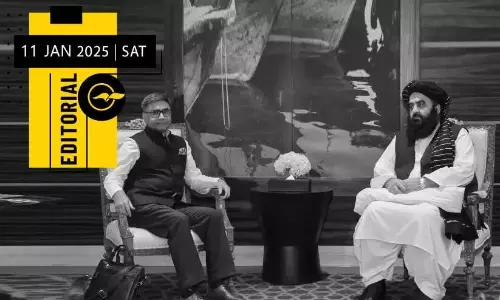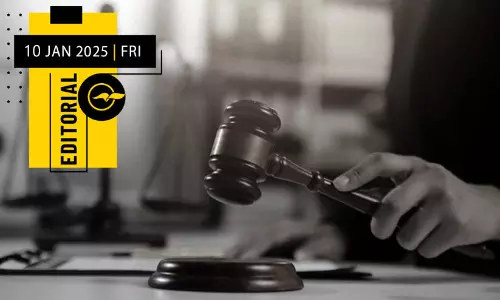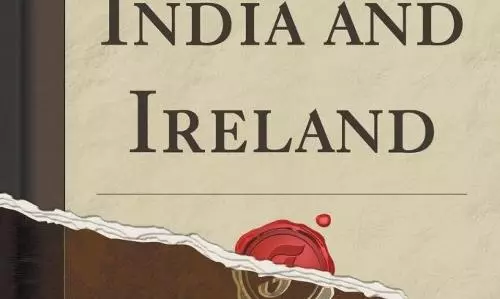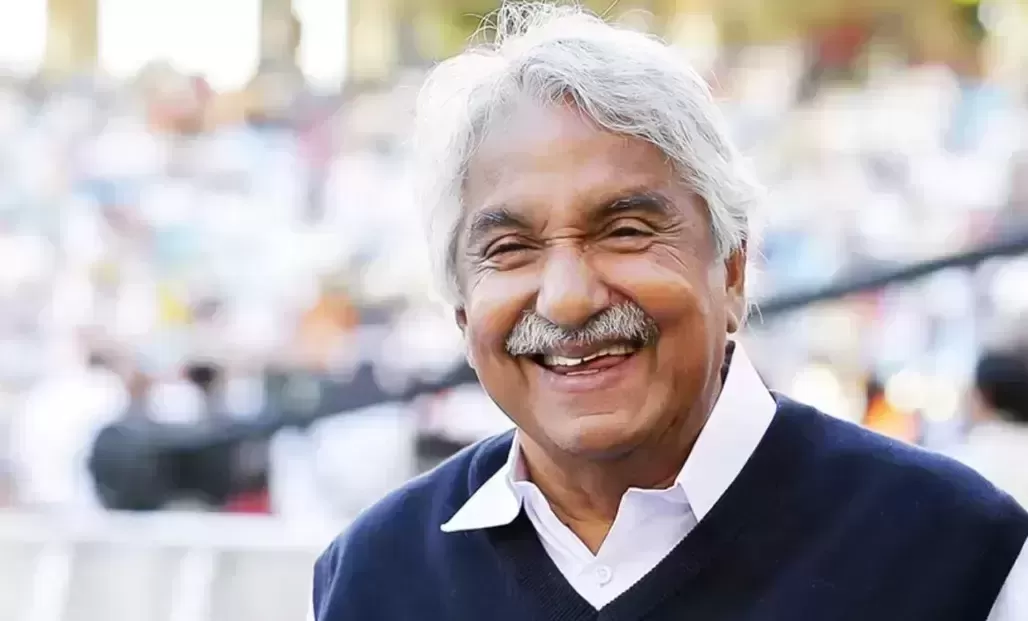
Oommen Chandy: man without similes
text_fieldsFormer chief minister Oommen Chandy is among that rare breed of politicians who traversed the minefield of practical-parliamentary politics to claim their place at its forefront. With the demise of the leader, who straddled he mainstream movements of Kerala politics for more than half a century, ends the memories of an era as well. However, he will be remembered among those popular stalwarts including EMS, C Achutha Menon, K Karunakaran and EK Nayanar. Kudos to their creative interventions within and without the legislature, contributing to shape up modern Kerala. There were times when he gained more popularity than any of them. He will be marked in history as a leader, who lived among the people even as he flourished at the pinnacle of power. That makes him the popular leader of Kerala. Madhyamam joins the grief of his bereaved family and party workers at the loss of the towering leader.
Oommen Chandy's entry into the Legislative Assembly from Puthupally constituency in 1970 can be considered as the beginning of a new era in Kerala politics. Looking back from over five decades, he presented a distinctly variegated political picture – of course with ups and downs. Analyzing them all, one thing is clear: nobody can hold a candle to him! He was the State President of the Youth Congress at the age of 27 when he recaptured the sitting seat of CPIM from EM George. From then on, the political battles he waged in and out of the assembly were uncountable. Oommen Chandy was always on one side of the group conflicts within the Congress. But still he was markedly different from other leaders. At one point, as a right-hand man of AK Antony, he unleashed attack on K. Karunakaran following which he stepped down as a minister. Later when he returned as chief minister, political Kerala called him as Antony's replacement. During his two terms as chief minister, the Congress and front were wallowing up in crisis. He debuted as chief minister after Antony resigned over failure in governance. It was then the Karunakaran faction emerged as a new party, splintering the Congress. In 2011, he became the Chief Minister by virtue of a single vote majority in the assembly. The survival of the cabinet completing five years despite all such odds was a rare event in India's political history. Chances were aplenty for the ministry to collapse. Ommen Chandy pulled off the unthinkable in ways only he could do.
He survived many crises during his terms in power through what can be called as ‘popular interventions’. One of them was his district-by-district 'Public Relations Programme'. Although the opposition and the media called out the same as a ‘village officer’s work’, many administrators subsequently followed the model. The movement was ‘historic’ particularly in comparison with the new era of fascism where the government and rulers do not reach out directly to the people. His office was always open for people right from when he was MLA, Leader of Opposition to Chief Minister. This transparency later proved troublesome when it gave way to the solar controversy. However, he countered the controversy with his weapon of 'populism'. He used the same weapon for maintaining communal balance. He was particular about holding the League and another minority in Central Kerala within the UDF. His interventions, releasing that these two communities are the strength of the UDF beyond the Congress, ignited controversies. However, as always he had the last laugh. When his successors tripped on this political vigilance, UDF lost central Kerala, bringing Pinarayi Vijayan-led LDF to power for the second time. In spite of being wrapped up in allegations of corruptions, he left behind an indelible signature on the development of the state. Not only Vizhinjam, Kochi Metro and Kannur Airport, it was during his tenure the government/aided colleges were established in all the constituencies and the transgender policy was formulated for the first time in the country. Apart from all this, he will always be remembered for his vigilance to hold the spirit of democracy over all political conflicts and disagreements.




